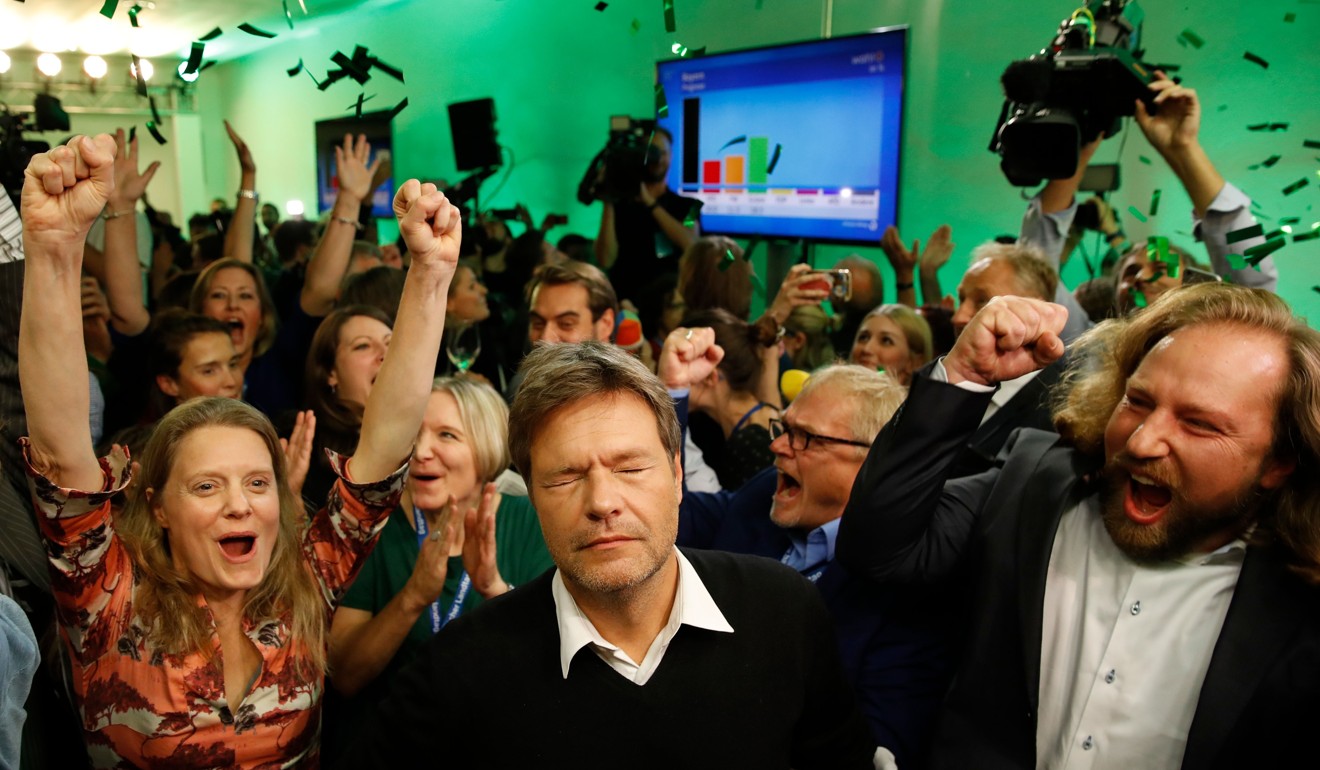
The European Union must wake up to the threat it faces or be prepared to go the way of the USSR
- George Soros says with anti-European forces poised to enjoy a competitive advantage in the upcoming European Parliament elections, the EU must take urgent steps to rally its supporters and defend its founding values
Europe is sleepwalking into oblivion, and its people need to wake up before it is too late.
If they don’t, the European Union will go the way of the Soviet Union in 1991. Neither our leaders nor ordinary citizens seem to understand that we are experiencing a revolutionary moment, that the range of possibilities is very broad and that the eventual outcome is thus highly uncertain.
The next inflection point will be the elections for the European Parliament in May. Unfortunately, anti-European forces will enjoy a competitive advantage in the balloting.
The reasons for this include the outdated party system that prevails in most European countries, the practical impossibility of treaty change and the lack of legal tools for disciplining member states that violate the principles on which the EU was founded.
The party system of individual states reflects the divisions that mattered in the 19th and 20th centuries, such as the conflict between capital and labour. But the cleavage that matters most today is between pro- and anti-European forces.
In Germany, the political alliance between the Christian Democratic Union (CDU) and the Bavaria-based Christian Social Union (CSU) has become unsustainable.
Now, the current ruling coalition cannot be as robustly pro-European as it would be without the AfD threatening its right flank.
The situation is far from hopeless. The German Greens have emerged as the only consistently pro-European party in the country, and they continue rising in opinion polls, whereas the AfD seems to have reached its high point, except in the former East Germany.
But now CDU-CSU voters are represented by a party whose commitment to European values is ambivalent.

This has aroused opposition in both parties, which in the case of Labour is bordering on rebellion.
The public is also becoming aware of the dire consequences of Brexit. The chances that May’s deal will be rejected are growing. That could set in motion a groundswell of support for a referendum or, even better, for revoking Britain’s notification of withdrawal from the EU.
Italy finds itself in a similar predicament. The EU made a fatal mistake in 2017 of strictly enforcing the Dublin regulation, which unfairly burdens countries, like Italy, where migrants first enter the EU.
There is, however, an attempt under way to organise a united pro-European list. A similar reordering of party systems is happening in France, Poland and Sweden.
While national parties at least have some roots in the past, trans-European alliances are completely dictated by party leaders’ self-interest.
The European People’s Party is almost entirely devoid of principles, as demonstrated by its willingness to permit the continued membership of Hungarian Prime Minister Viktor Orban’s Fidesz to preserve its majority and control the allocation of top jobs in the EU.
It is difficult to see how the pro-European parties can emerge victorious from the election in May unless they put Europe’s interests ahead of their own. The current leadership is reminiscent of the politburo when the Soviet Union collapsed – continuing to issue proclamations as if they were still relevant.
The first step to defending Europe from its enemies, both internal and external, is to recognise the magnitude of the threat they present. The second is to awaken the sleeping pro-European majority and mobilise it to defend the values on which the EU was founded. Otherwise, the dream of a united Europe could become the nightmare of the 21st century.
George Soros is chairman of Soros Fund Management and of the Open Society Foundations. Copyright: Project Syndicate

